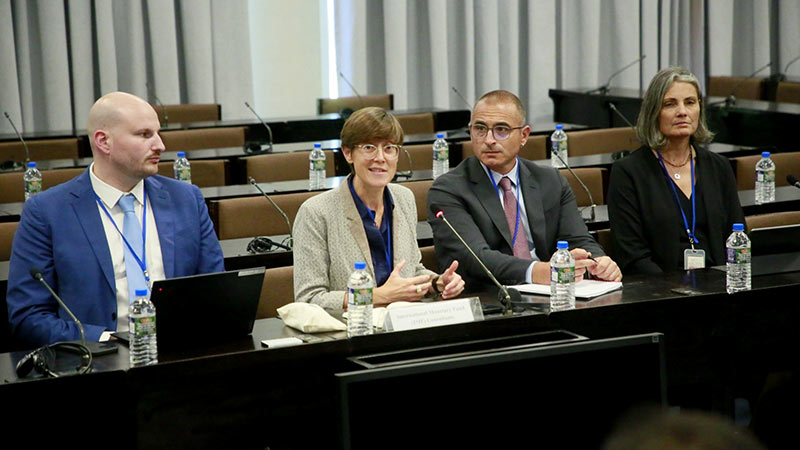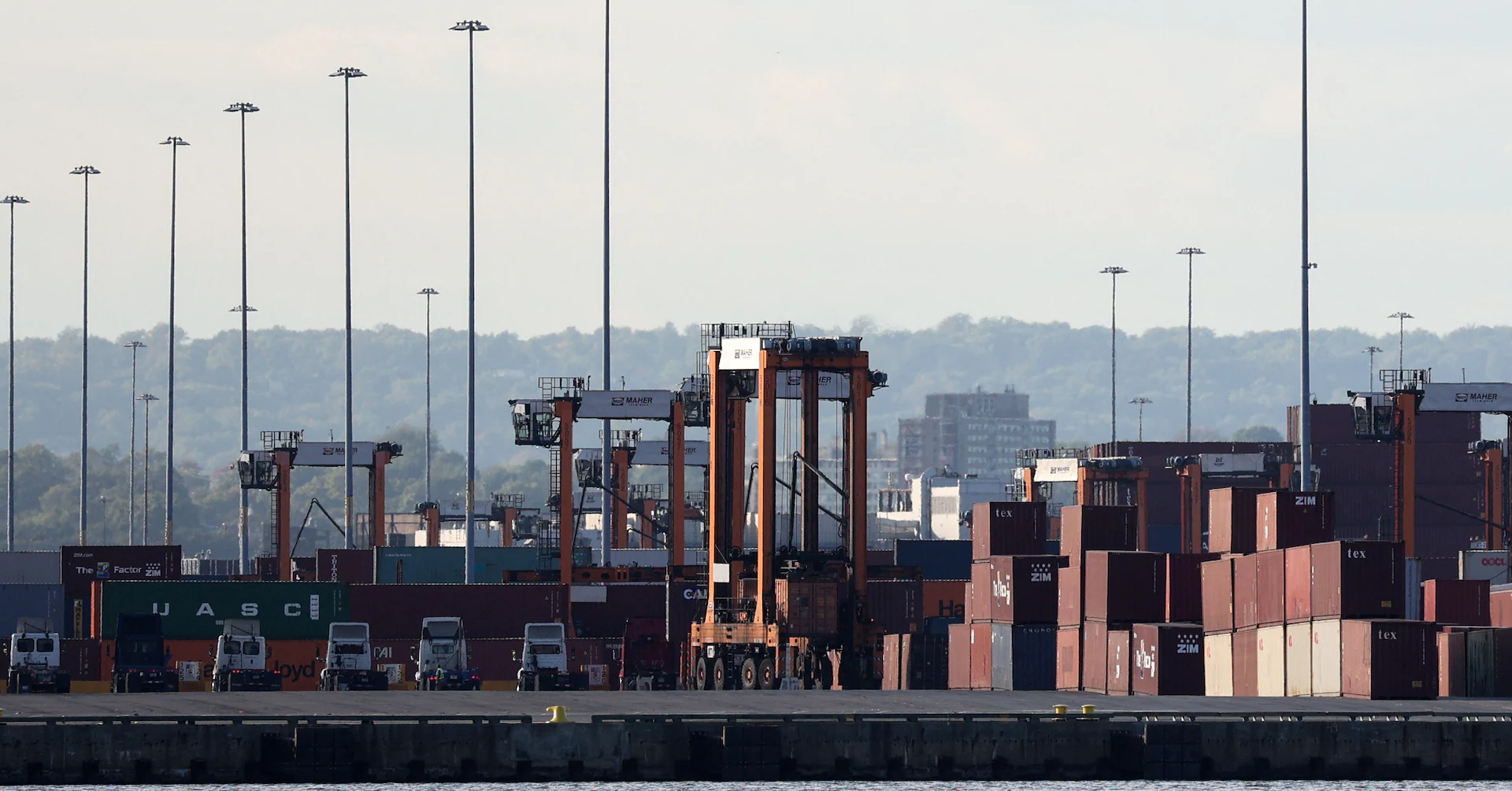By Editor
Copyright onlanka

Sri Lanka reviews electricity tariff reforms to meet 2030 renewable energy goals
A special discussion on Sri Lanka’s electricity tariff methodology was held on September 12, 2025, at the Parliament premises, highlighting the urgent need to balance financial viability, sustainability, and consumer protection in the power sector.
The meeting was organized as part of the IMF’s Extended Fund Facility (EFF) programme, under which reviewing the electricity tariff system is a prior action to be completed by November 2025. The discussion was led by Ms. Delphine Prady, Senior Economist at the IMF’s Fiscal Affairs Department, together with members of the Committee on Public Finance, the Committee on Public Enterprises, and the Sectoral Oversight Committee on Infrastructure and Strategic Development.
The session was attended by the Leader of the Opposition Sajith Premadasa, Dr. Harsha de Silva, Kabir Hashim, Rauff Hakeem, Ravi Karunanayake, Harshana Rajakaruna, Dr. Kaushalya Ariyarathne, Nimal Palihena, Chithral Fernando, Ajith P. Perera, Thilina Samarakoon, Dilith Jayaweera, Chandima Hettiarachchi, and other Members of Parliament. Officials from the Ministry of Energy, Ministry of Finance, the Ceylon Electricity Board (CEB), the Public Utilities Commission of Sri Lanka (PUCSL), and other stakeholders also took part.
During the discussion, experts underlined that both cost recovery and cost reflectiveness are vital for a strong and transparent electricity sector. Cost recovery ensures the sector can meet its expenses and attract investments, while cost reflectiveness ensures consumers pay according to the real cost of supplying electricity, reducing unfair subsidies.
Sri Lanka’s target of generating 70 percent of its electricity from renewable sources by 2030 was a key focus. Participants stressed that achieving this goal requires the right infrastructure, financing, and incentives. Expanding solar, hydro, and wind power, along with investments in storage and new technologies such as green hydrogen, were identified as priorities. While thermal power remains in use, it was described as costly and vulnerable to global price shocks, in contrast to the growing competitiveness of renewables.
Concerns were raised about the volatility of generation costs, which can threaten financial stability and burden consumers. The need for accurate forecasting and careful planning to avoid sudden price hikes was highlighted. Experts emphasized that tariff reforms must provide cost recovery, predictability, and direct investment towards affordable and environmentally friendly generation.
Members of Parliament also stressed the importance of protecting vulnerable households with targeted subsidies, safeguarding workers affected by restructuring, and ensuring efficiency gains benefit end-users. Issues of data integrity and transparency in Power Purchase Agreements and cost breakdowns were also raised, with calls for stronger governance and regulatory independence.
It was agreed that tariff reforms must go beyond technical adjustments. They must support a financially viable electricity sector, ensure a sustainable transition to renewable energy, protect vulnerable communities, and promote transparency and accountability across the industry.



